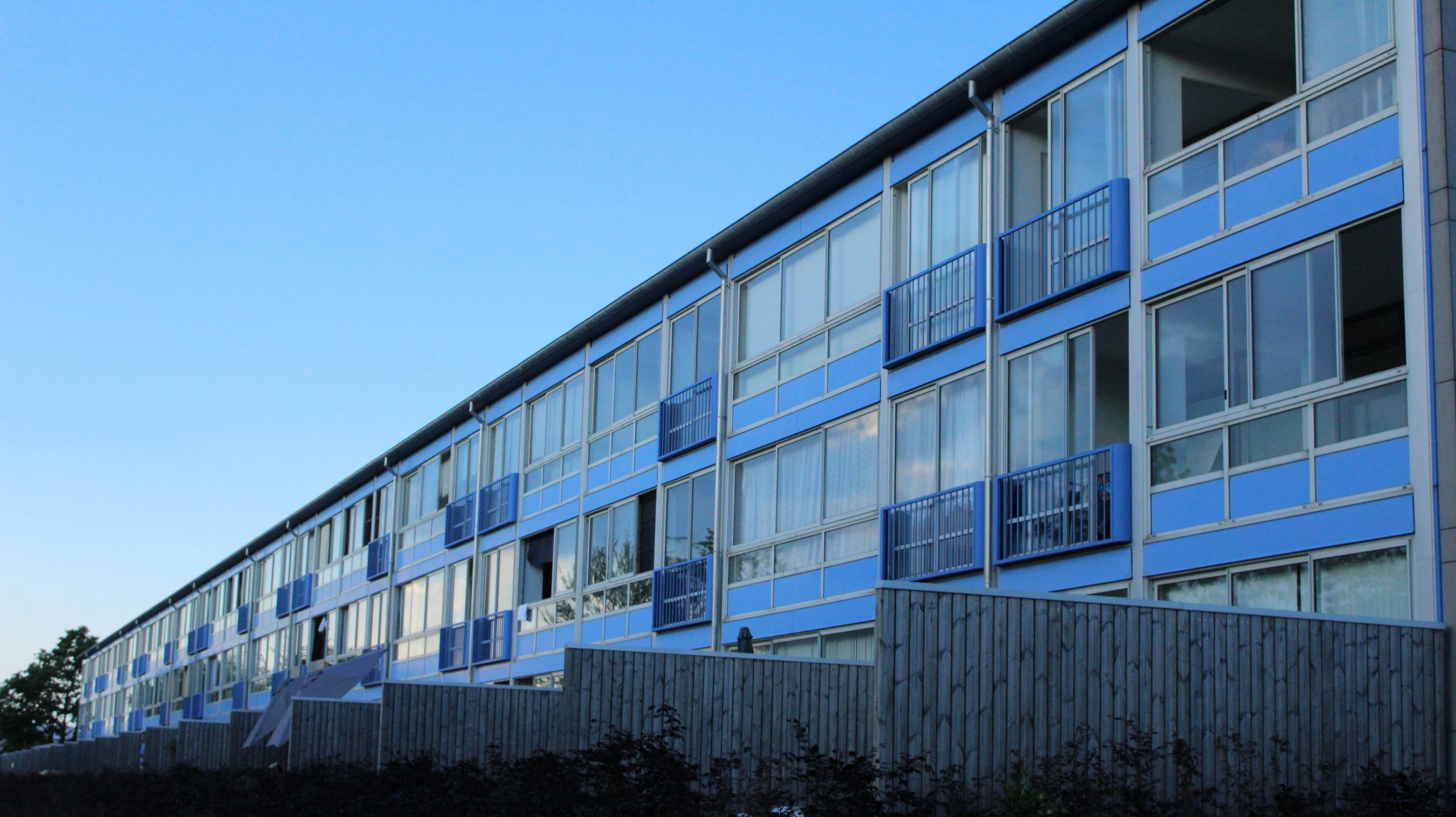SINGAPORE: About 1,000 purpose-built and factory-converted dormitories will have to provide better living conditions for migrant workers by 2030, the Ministry of Manpower (MOM) announced on Tuesday (Oct 11).
This is to “strengthen public health resilience in migrant worker (MW) dormitories against future disease outbreaks by improving their ability to reduce the spread of infectious diseases,” MOM said in a press release.
Each dormitory room should have up to 12 residents; a one-metre gap is recommended between beds. These are part of the interim standards, which must be implemented under the Dormitory Transition Scheme by 2030.
There is no restriction on the number of residents in a room and no spacing requirement. But MOM said in 2021 that “in practice”, most dormitory rooms had 12 to 16 residents.
The dormitories also have to upgrade other facilities. There should be en suite toilets with one set of toilets, shower and wash basin per six residents.
Furthermore, the interim standards require 10 isolation beds per 1,000 bed spaces and en suite toilets for all isolation rooms.
These rules will apply to all workers’ dormitories except those with leases expiring by 2033 – and those containing six or fewer beds, which are not covered by the Foreign Employee Dormitories Act (FEDA). Around 1,500 dormitories are covered by FEDA.
However, these are only interim standards.
Further improvements are envisaged under the New Dormitory Standards, which have to be implemented by 2040. Workers will have more space to themselves then. While each resident will have 3.6 sq m of living under the interim standards, up from the 3.5 sq m average currently, they will have 4.2 sq m under the New Dormitory Standards.
The vast majority of dormitories will transition to the interim standards between 2027 and 2030, says the ministry.
As the Dormitory Transition Scheme is to safeguard public health in Singapore, “MOM is considering some financial support to dormitories that transition to improved standards”. “This will partially defray the significant costs to dormitory operators of retrofitting existing buildings to meet new infrastructure standards,” the ministry press release added.

